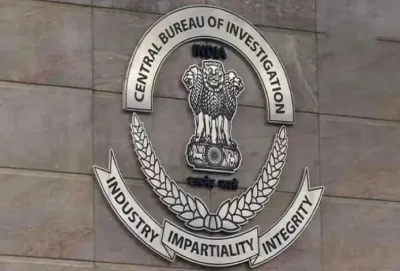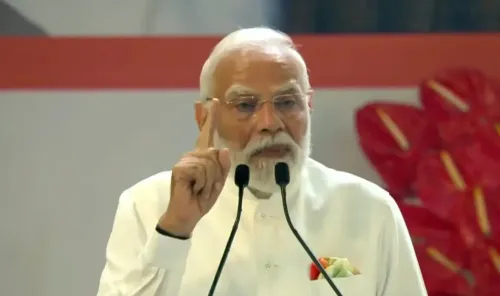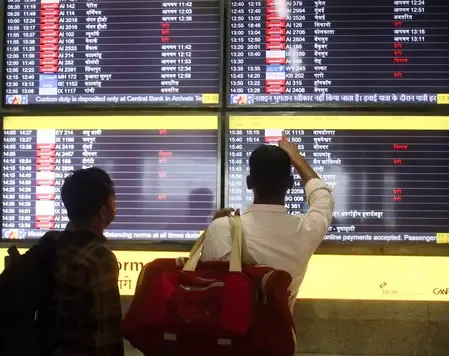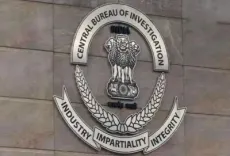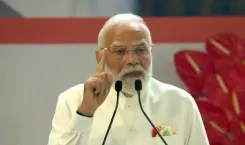Did MP Govt Launch Investigation into School Repair Fraud?

Synopsis
Key Takeaways
- High-level inquiry launched in Madhya Pradesh.
- Allegations of inflated repair bills for schools.
- Immediate action ordered by the Education Minister.
- Public outrage over financial misconduct.
- Calls for enhanced accountability measures in education.
Bhopal, July 6 (NationPress) A rapid and high-level inquiry has been set in motion following the revelation of significant financial misconduct in the Shahdol district of Madhya Pradesh. This investigation centers around the alleged fabrication of repair bills for two government schools.
Uday Pratap Singh, the School Education Minister, has mandated immediate actions after uncovering suspected fraudulent payments disguised as minor maintenance work at Sakandi Government High School and Nipaniya Higher Secondary School, both situated within the Beohari Assembly segment of Shahdol.
The scandal was exposed when detailed bills surfaced on social media, showcasing what appear to be grossly inflated charges for labor and materials.
At Sakandi High School, official documentation indicated that 168 laborers and 65 masons were assigned to a job involving merely four liters of paint, with the documented expenditure amounting to Rs 1,06,984, raising extensive doubts.
Similarly, records from Nipaniya School were equally shocking: Rs 2,31,685 was allegedly allocated for the services of 275 laborers and 150 masons who supposedly completed tasks involving just twenty liters of paint, the installation of ten windows, and four doors.
In response to these findings, the Education Minister has instructed the Secretary of the School Education Department and the Commissioner of Public Instruction to conduct a swift and impartial investigation.
He reaffirmed the government’s unwavering stance against corruption and irregularities in public institutions, asserting that those found guilty will face strict consequences. The revelations have sparked public outrage and raised concerns about the credibility of fund utilization in rural educational infrastructure.
Many community members are expressing worries about how such inflated costs went undetected, calling for improved accountability measures and auditing practices within local education departments.
This controversy emerges at a time when the Madhya Pradesh government is actively advocating for transparency and investment in various sectors. This incident could potentially catalyze the implementation of stricter audit protocols, digital transparency tools, and decentralized monitoring systems involving local stakeholders.

